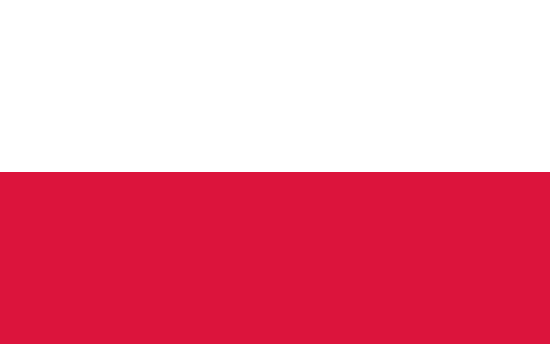"Wrocław - spotykajmy się! | Wroclaw - let's meet!"
About:
Wrocław, Poland, was established in the 10th century, becoming a significant center under Polish, Bohemian, Austrian, Prussian, and German rule. It was heavily damaged during WWII, after which it was restored to Poland. Wrocław underwent a substantial rebuilding process post-war, preserving its historical architecture. Today, it's a vibrant city known for its cultural richness and academic institutions, hosting numerous international events, including the World Games 2017 and European Capital of Culture 2016.
When to visit:
Wroclaw, a picturesque city in southwestern Poland, offers a delightful experience for travelers throughout the year. However, the best time to visit Wroclaw on a holiday is during the spring and summer months, from May to September. During this period, the city comes alive with vibrant festivals, outdoor events, and pleasant weather, making it ideal for sightseeing and exploring its rich cultural heritage. Whether you're strolling along the charming Market Square, admiring the stunning architecture, or enjoying a leisurely boat ride along the Odra River, Wroclaw promises a memorable holiday experience for visitors.
When to avoid:
Traveling to Wroclaw, Poland during public holidays such as Christmas and Easter may not be ideal due to the high volume of tourists and locals celebrating the festivities. The city can become crowded and certain attractions may have limited availability or extended waiting times. Additionally, prices for accommodations and activities may be higher during these peak holiday periods. It is advisable to plan your visit outside of major public holidays to fully experience the city without the potential drawbacks of overcrowding and increased costs.
Winter
Winter in Wroclaw can be very cold, with temperatures often dropping below freezing and heavy snowfall being common. The city's charm may be dampened by the harsh weather conditions.
Spring
Spring is a beautiful time to visit Wroclaw, with mild temperatures and blooming flowers. The city comes alive with outdoor activities and the weather is perfect for exploring the city's attractions.
Language:
In Wroclaw, the most commonly spoken language is Polish, as it is the official language of Poland. However, due to its status as a major educational and business hub, English is also widely understood and spoken, particularly among the younger population and professionals. Additionally, German is spoken by some residents, reflecting the city's historical ties with Germany.




